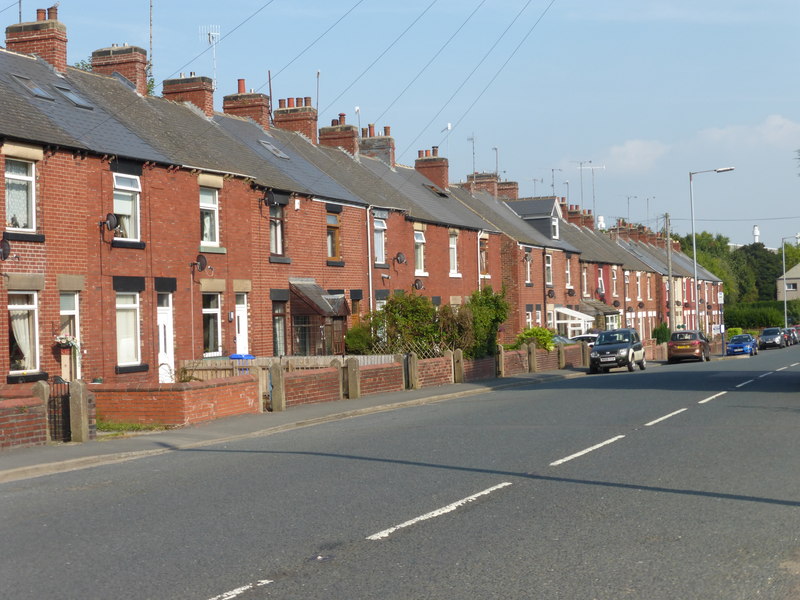Greater Manchester has seen the biggest rise in house prices of any city-region in England and Wales with homes now almost four times more expensive than they were 20 years ago, data has revealed.
In 2002 the average house price in the area was £65,845 compared to £215,210 in 2022 – a rise of 250%, data from the Office for National Statistics shows.
It is no secret that house prices have continued to rise throughout the UK with more demand and a low supply and nationwide property costs have risen by more than 175% since 2002.
However, the rise in house prices does not correlate to an increase in wages, which have only increased by 61.06%.
This lack of correlation has meant that first-time buyers are facing the toughest conditions in 70 years to buy a home according to the Building Societies Association (BSA) – the voice of all 42 building societies.
Paul Broadhead, Head of Mortgage and housing at the BSA said: “The biggest challenge for first-time buyers is affordability – both affording the cost of buying a home and the cost of owning a home.
“Balancing supply and demand is key and we have seen many interventions that support demand but very little on housing supply.
“The result has been house price increases well above wage growth, leading ultimately to greater affordability issues for future new first-time buyers.”
Salford experienced the highest house price increase in England and Wales over the past 20 years, rising by 307.4% and almost twice that of the national average.
But in the last twenty years wages rose by 68.97%, 8% over the national average and ranking 71st among all local authorities in the country.
SteadyStateManchester believe that the hike is largely due to the mass regeneration scheme and an influx of foreign investors alongside the arrival of MediaCity and its proximity to Manchester City Centre.
Dr Johnathan Silver told the BBC that the increase in house price was a good example of what is happening across Manchester.
He said: “What should be homes for Manchester are being turned into assets and security boxes for offshore wealth.”
Bolton saw the smallest change in house prices in this period, however they still more than doubled.
But the town also experienced the lowest wage increase, with average income rising by 51.77% – 10% lower than the national average and placed Bolton 255th among all UK local authorities for wage growth.
Charlotte Hughes, a office administrator at a primary school in Bolton said: “The wages are lower in Bolton so it’s harder to save for a deposit.
“Most young people I know are returning from renting to live with parents to help them save up.
“There needs to be more schemes and incentives for first time buyers and maybe some courses in what to expect.”
Feature image: Graham Hogg via WikiCommons




